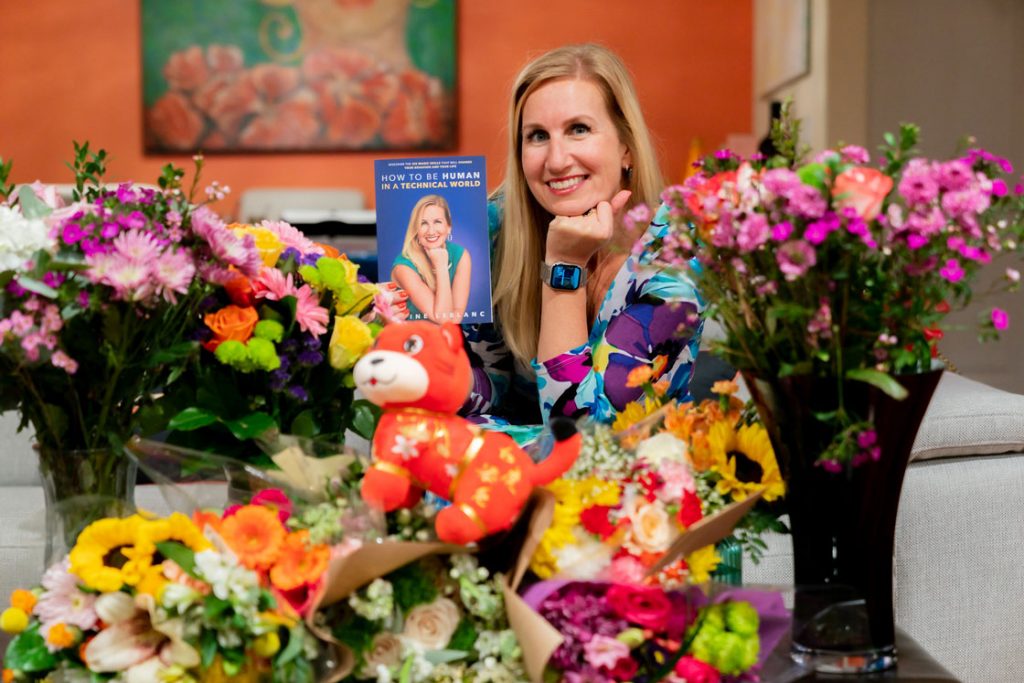
Redondo Beach, CA
How did I start in HVAC?
My story with HVAC started with my dad, who is an HVAC teacher. He never really pushed me to go in that field but seeing him, reviewing homework, and hearing the terminology constantly with words like plumbing, fire protection, ventilation, and air conditioning piqued my curiosity. When it was time to choose a career, my first thought was okay, I needed to find a job that had opportunities and that was in high demand. Nobody truly knew about HVAC in high school and what I concluded was that if I would go to school, then I wanted a 100% job guarantee. What attracted me also was that I could have many options. If I didn’t like plumbing, I could do ventilation, refrigeration, fire protection, etc. I tend to get bored quickly, so the HVAC world looked like the perfect place to work in. After graduating with a three-year HVAC technical degree, I decided to go to university to pursue a mechanical engineering degree. I was the only one in the 200 students who graduated to decide to go through that path.
Connect with Karine on LinkedIn
Follow Karine on her IG
Pictures by fmtsphotography
Finding my passion through internships
The university I selected to do my bachelor’s degree was located 3 hours from my hometown, Quebec City. I specifically chose that school because it was only for students with technical degrees, and it was only engineering. But what attracted me even more was their three paid internship programs. These internships helped the students pay for their degrees, find what they like to do, and know more about companies. After my first internship, I was like: “holy cow, I’m not sure I like engineering.” My internship involved doing excel sheets and surveying existing HVAC equipment. That was not the most exciting thing to do as a young extrovert bubbly girl. It got me concerned if I had picked the right degree. I decided to keep going and give it a chance. And I am glad I did because I fell in love with my second internship. I was hired to work as an inside sales intern for a large HVAC manufacturer and found my passion, technical sales. That pivotal moment gave me the strength and focus to finish my mechanical engineering degree. Doing sales was way more fun for me since I got to combine the technicalities of engineering with human factors, which I liked to do.
During my second internship going away lunch, I said out loud that my dream was to go to the USA so I could learn English because, at that time, I still only spoke French.
It just so happened that one of the guys in our group had a brother-in-law who lived in the States. He put us in contact, and the next thing you know, I was hired for my third internship. I am so glad I spoke out what my heart wanted during that lunch. I always tell the students at ASHRAE that they must speak up and say what they want. IF I had not done that, I would have been on a completely different path today.
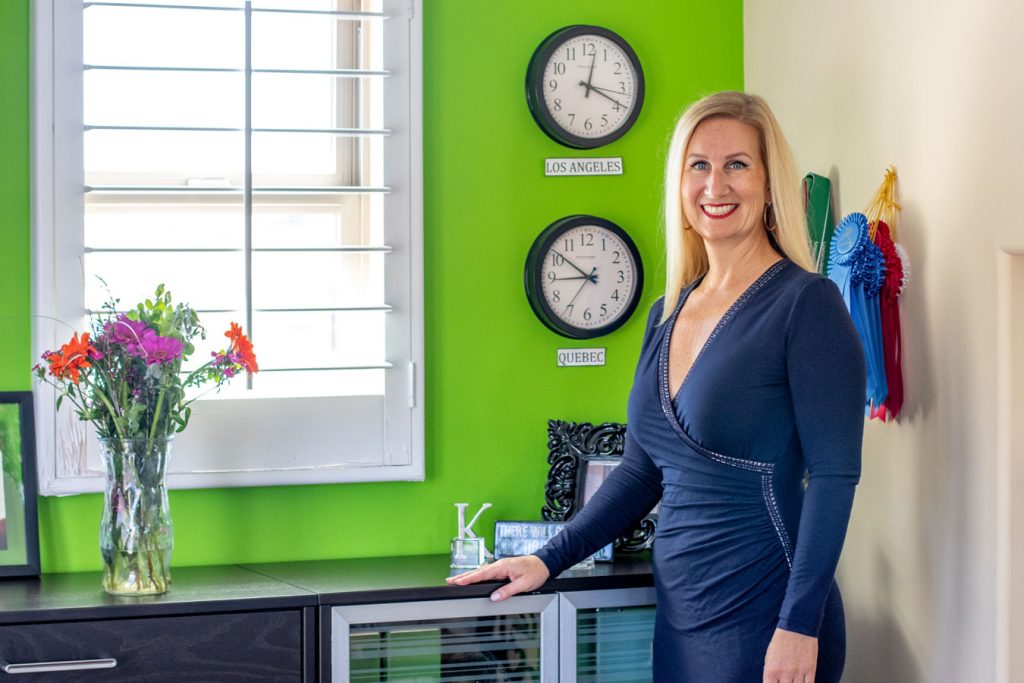
Learning the hard way
When I started in sales, I thought I was good at what I was doing, but gradually I began to see how I was missing connecting with my true self, how I became so obsessed with the business side of things and lost myself. It started to hurt my career and relationships, and I was no longer that happy person. A lot was going on; you can read the whole story in my book. I wrote about how I went from a bubbly, fun, passionate girl to a demanding, direct, moody engineer. The truth is that I was trying to match my male peers. I wanted to be a strong girl, I wanted to feel heard and seen, and I wanted my opinion to matter. Sometimes, my idea would not be taken seriously until someone else on the team mentioned that same idea, and suddenly everyone thought it was a good idea.
But I realized that I could still be my true self, gentle, kind, and caring. I could be human, and I still excel in a highly technical engineering career.
The light bulb moment was when my mentor asked me why I was always so direct and angry. It caught me off guard, but I took the feedback well and did something about it. It opened my eyes, and this was when I decided to change. I became aware of my behavior and noticed all the bad behaviors around me. I learned about emotional intelligence, started educating myself on the topic, and reached out for help. It took me years of working on myself to become the person I am today. And I am still constantly striving to get better day after day. Once I experienced the transformation and all the benefits of higher EQ, I wanted to increase awareness in our HVAC community.
So the first thing I did was to apply to become one of the 72 distinguished lecturers for ASHRAE worldwide. This program has existed since 1996, and it allows ASHRAE chapters to get lecturers equipped to speak on relevant subjects of interest without the enormous costs. When I looked at the list of topics available, I noticed that 90% of the speaker were focused on technical subjects, and there were no topics related to emotional intelligence.
I am very grateful that I was selected in July 2017 so I could spread the word and give back to ASHRAE. To show you how popular that topic was, I have spoken 105 times in 12 countries around the world since I started as a distinguished lecturer. So I am glad people acknowledged that there is a need to talk about human skills, and they care about it. But, of course, there are still some meetings when I show up, and there are fewer participants because the topic is not technical. Still, overall, I find that engineers are interested in learning more about how to use emotional intelligence to become a better person, professionally and personally.
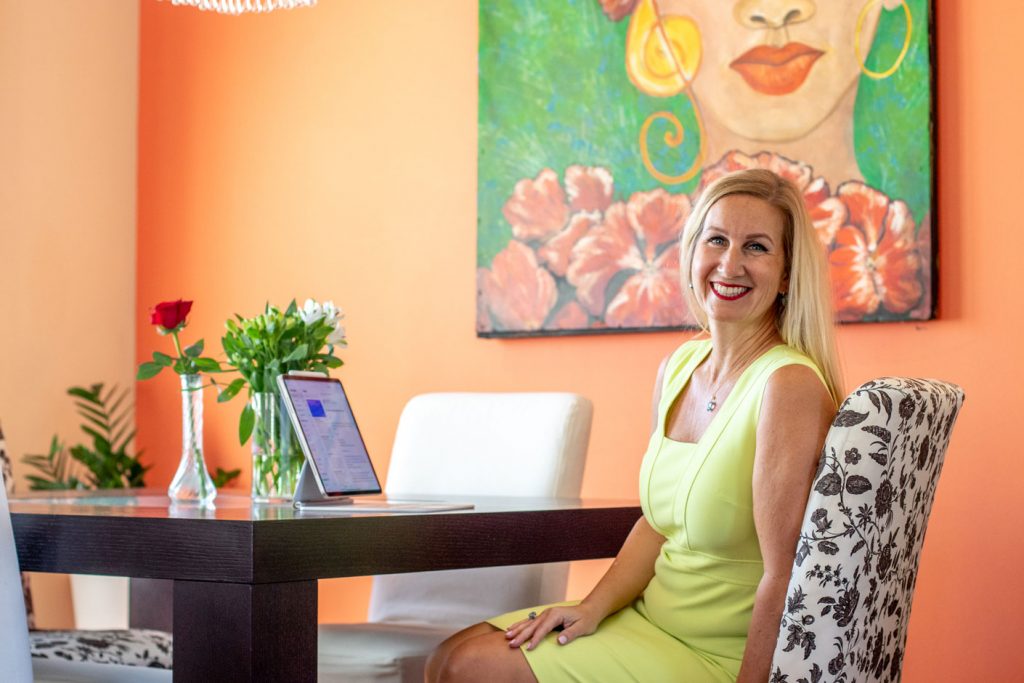
Technical skills + Human skills = magic
I love technical sales because strong human skills will get me projects even if I am not the most technical. I may have the technical knowledge, but what makes the difference is my ability to connect with customers. When you have both technical skills and human skills, this is where the magic happens.
Over the years, I learned to read engineer’s personality traits. I pay attention to cues and how to respond to their communication style.
So, if I have a detail-oriented client, I’m not just going to tell them not to worry about the details and that it will work out. It doesn’t work like that. I know they want to have a detailed explanation; they want to know the why and most likely have an email from the factory to confirm everything. And the opposite can be just as valuable. Dealing with a manager who focuses on the significant results and meeting the deadline may be annoying if I spend time going over the details. Being aware of others’ communication styles and personality characteristics makes me a better salesperson and a better human.
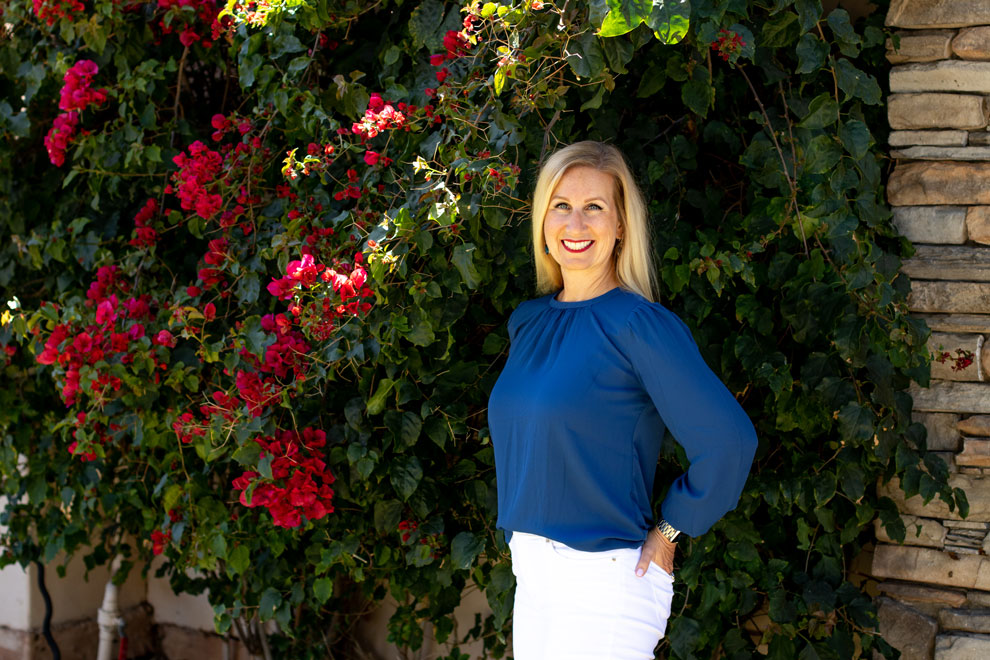
How to make a bigger impact
As mentioned earlier, I spoke 105 times since I started as an ASHRAE distinguished lecturer in 2017. I was able to convey the message to many people, but it has its limitations. I wanted to make a more significant impact. How could I inspire people to change their behavior and improve their lives beyond the ASHRAE community? That is when my book idea came up. Writing a book would give me a platform to impact a larger audience and really make a difference in the world. It would also leave a legacy. It would add meaning to my life.
Did you know that 80% of Americans dream of writing a book, but only 1% actually do it? I must admit that writing a book is no easy task, especially for an engineer, but I love challenges, especially big ones. I am not a person who likes to stay in her comfort zone, I have constantly been pushing myself in everything I do, and I keep doing it, this is where I thrive.
On January 28th, 2022, I am very proud to say that my book How to Be Human in a Technical World was self-published on Amazon. I wrote it in only six weeks, and I couldn’t be happier to finally have the means to reach everyone and make a bigger impact in the world. In the book, you will discover the six magic skills that will change your behavior and your life.
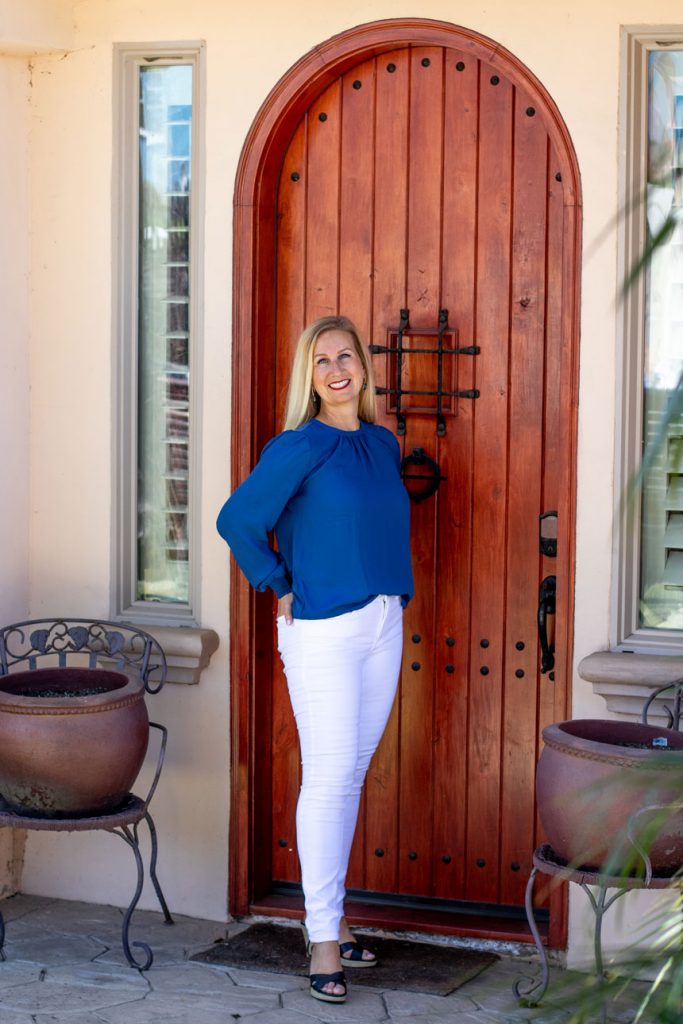
Better Human, Better World
The good news is that I feel like the world is moving in the right direction. In the past, we used to focus mainly on technical skills. But then, it was all about credentials, which university we graduated from, and how much experience we have.
But I feel like, in the industry now, people are starting to change. They’re beginning to acknowledge the importance of relationships, collaboration, and communication. They are beginning to find out that it doesn’t matter how smart and technical you are if you can’t manage your stress, if you overreact under pressure or get into many arguments. The good news is that younger engineers are more aware of it too. I have seen some of my younger customers admitting that they quit their job because of their direct manager’s poor behavior.
I see behavioral issues every day, even when I go to the office and interact with my peers. But now, I am aware of emotional intelligence. I say something when I witness emotional cues. For example, I called a co-worker to ask him a question and the way he answered on the phone made me react right away. His tone was rude and direct, but instead of taking it personally or responding to his negativity, I offered to call him back. I recognized that he was maybe under pressure and that it was not a good time to talk. To my surprise, he changed his tone and apologized. He confirmed that he was overwhelmed at that moment. Even after offering to call him back, he paused and took the time to help me. In every call since that incident, I notice a more friendly tone when he answers the phone. I know that my response had a positive impact on his behavior change. I showed compassion instead of overreacting negatively to his tone. Awareness is key.
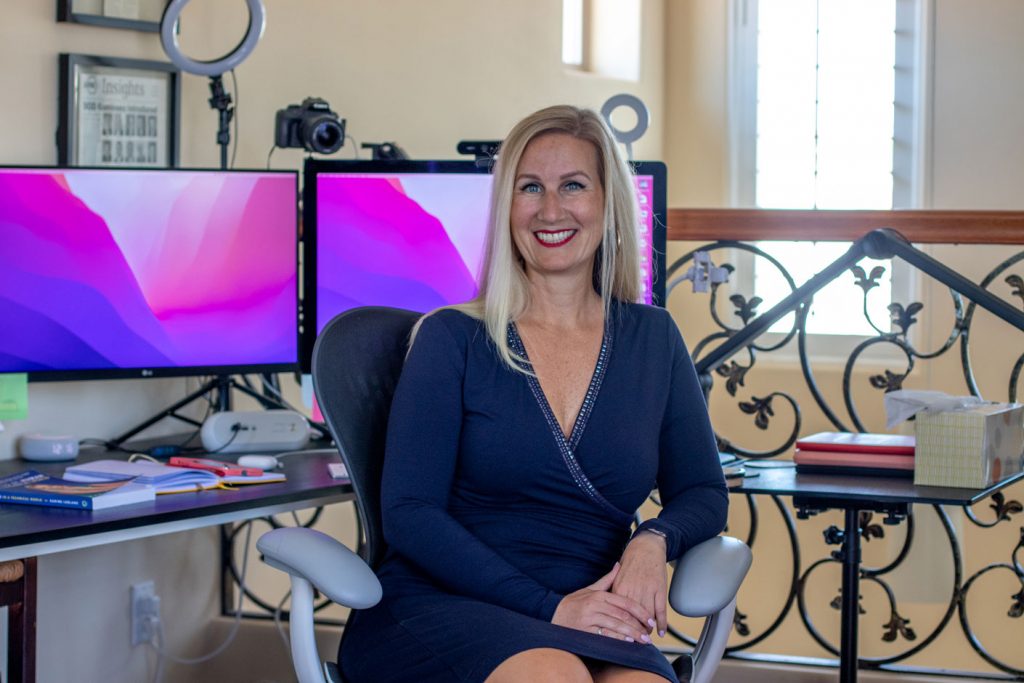
The importance of a mentor
I would never be the person I am today without my mentor Samy. He hired me for my 3rd internship and has played an essential part in my personal growth journey. He had all the qualities that I admired in a human being. Not only is he brilliant and technical, but he has exceptional human skills. He is very generous, patient, relentless, dedicated, consistent, and hard-working. I feel fortunate that he took me under his wing and I still call him my mentor after all those years. Thanks to his patience and resilience, he molded me into the person I am today. He has seen me transform into the person I am today; he has seen the highs and lows.
Small steps, big changes
It doesn’t matter how smart and technical you are if nobody wants to work with you. And it starts with self-awareness. You don’t know what you don’t know. So how are you supposed to change if you don’t know there is something to improve? I would challenge you to press pause and reflect on your life, your behavior, and your environment. Think about how you improve yourself and your behavior and live to your full potential. I take time daily to review and reflect on the day, express gratitude, and read my affirmations.
Imagine living in a world where everyone worked to master their technical and human skills equally. Wouldn’t it be nice to be surrounded by self-aware and socially aware individuals? Wouldn’t everyone live a better life, be more productive and happier?
